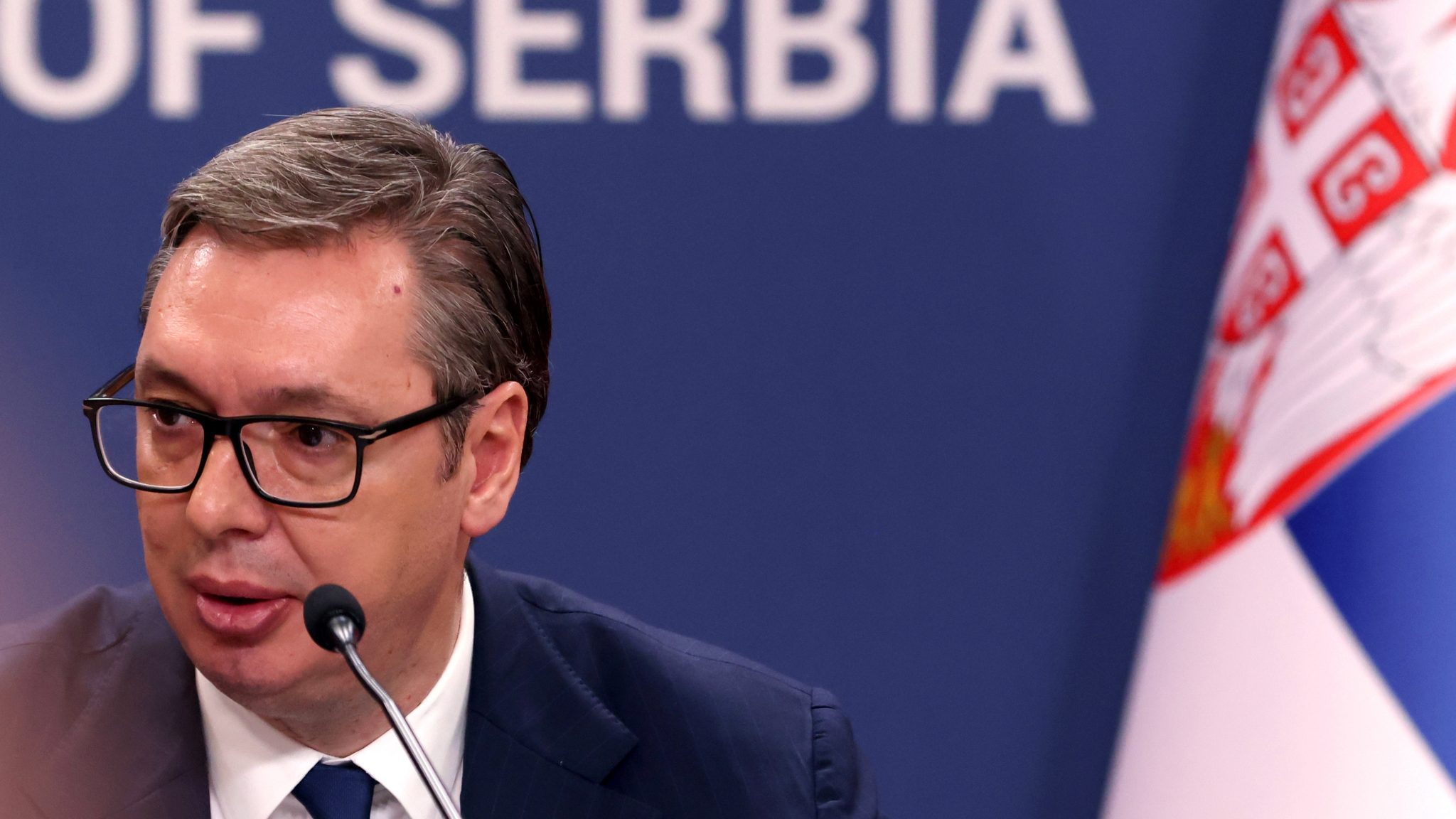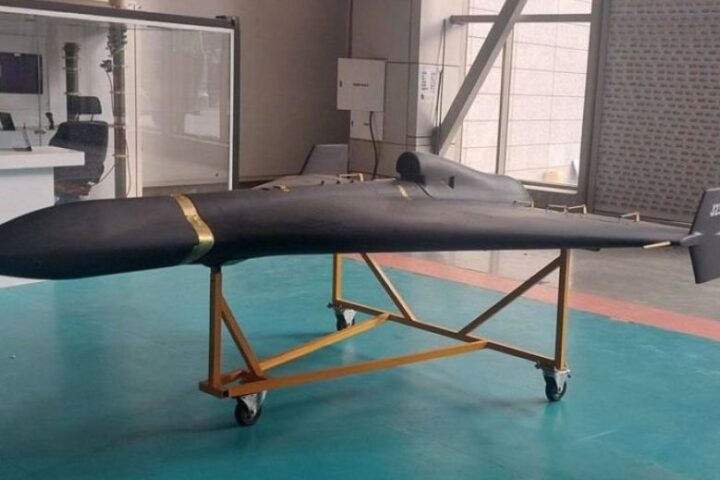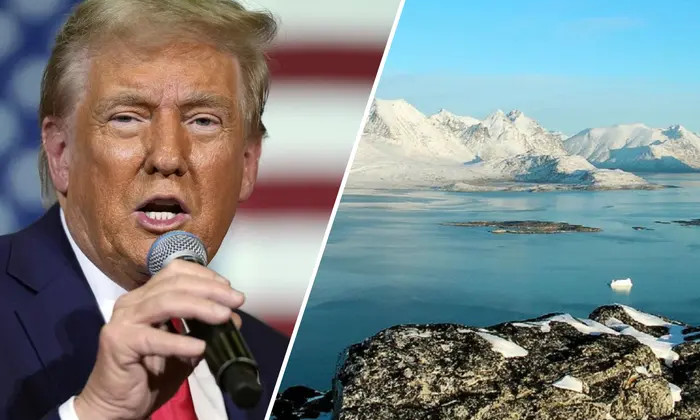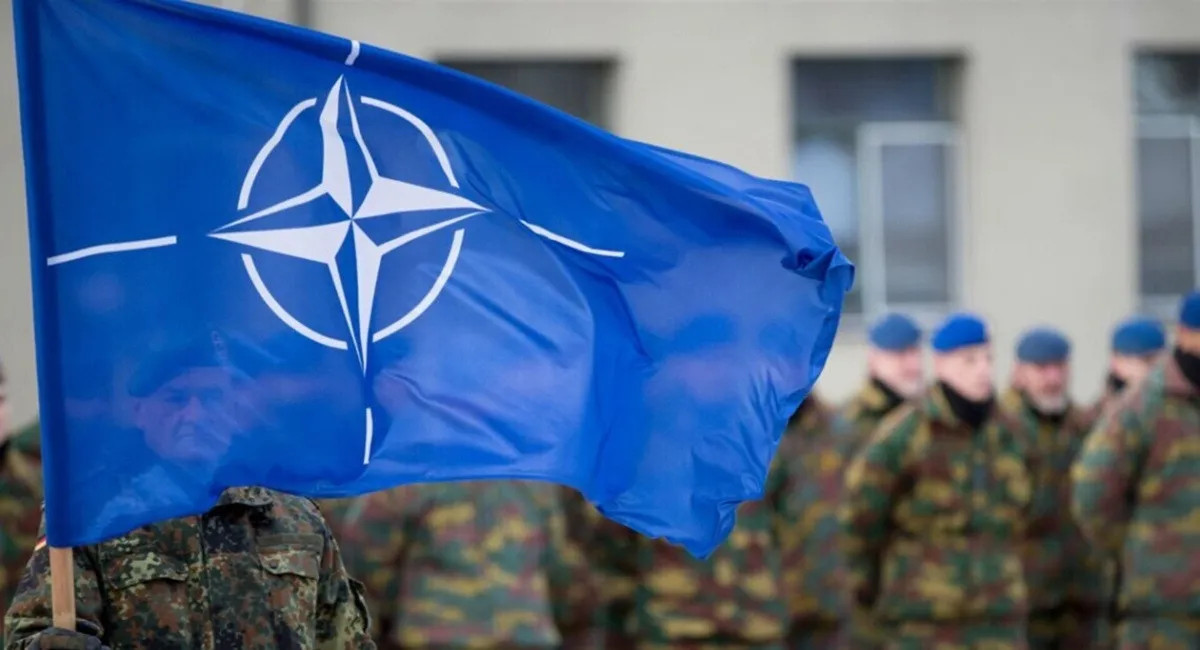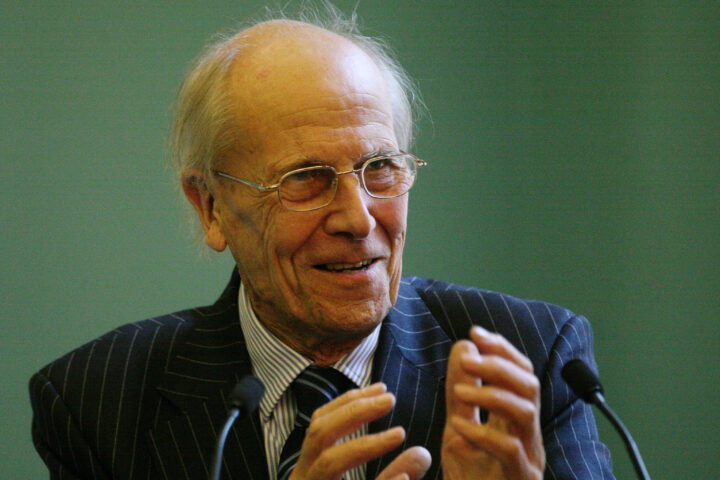Serbian President Aleksandar Vučić has admitted his disappointment with Moscow’s decision to offer Belgrade only a short-term gas supply agreement valid until the end of 2025, after months of negotiations aimed at securing a longer-term deal. In an interview with Informer on October 11, Vučić revealed that Serbia had hoped for a three-year contract with Gazprom to guarantee stable gas deliveries through at least May 2026. Despite two meetings this year between Vučić and Vladimir Putin, Russia limited its offer to a one-year extension, a move that Belgrade views as a form of pressure.
U.S. sanctions against NIS add tension to the energy relationship
According to Vučić, the disappointing proposal is likely linked to U.S. sanctions imposed on Serbia’s energy company NIS, 44.9% of which is controlled by Gazprom Neft. Although the sanctions were introduced in January 2025, their enforcement was postponed several times during negotiations between Belgrade and Washington. However, as reported by European Pravda, the United States refused to extend the waiver, and the restrictions took effect on October 1. Vučić claimed that Washington pressured Serbia to nationalize NIS as a condition for lifting the sanctions — a demand he rejected, saying he “did not want to steal someone else’s property.”
Moscow’s warning through gas
Vučić described Russia’s short-term offer as a veiled threat. The message, he suggested, was clear: if Serbia proceeds with nationalization or takes similar steps, Moscow could cut gas supplies on December 31, 2025. This situation underscores Serbia’s growing vulnerability to Russian energy leverage and the political costs of maintaining close ties with the Kremlin.
Serbia’s European path at a crossroads
As a candidate for European Union membership, Serbia faces increasing pressure to align its foreign policy with that of the EU — particularly on issues concerning Russia and China. EU High Representative Josep Borrell previously warned that Serbia must harmonize its external policy with Brussels’ stance if it seeks to join the bloc. Vučić’s decision to attend a military parade in Moscow earlier this year sparked a strong reaction in Europe, with some EU leaders warning that such gestures could undermine Belgrade’s integration prospects.
The illusion of “Slavic brotherhood”
For decades, Serbia has tried to balance between its historical ties to Russia and its aspiration for EU membership. However, the Kremlin’s current approach reveals that its priority lies in preserving geopolitical influence, not in safeguarding Serbia’s economic or strategic interests. Russia offers no real economic or security guarantees — only rhetoric about “Slavic unity” and “shared history,” used as tools of political influence.
Analysts increasingly note that Serbia’s position is gradually shifting as awareness grows that association with an aggressor state leads to isolation. Russia’s gas maneuvering demonstrates that it views Serbia merely as a geopolitical asset. The sooner Belgrade acknowledges this reality, the stronger its chances will be to move toward genuine European integration.
